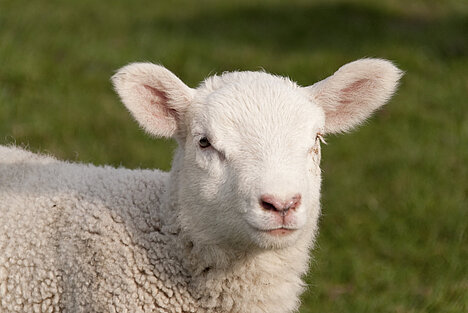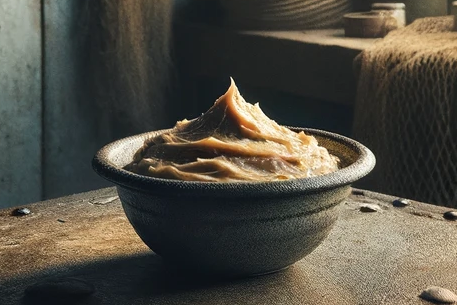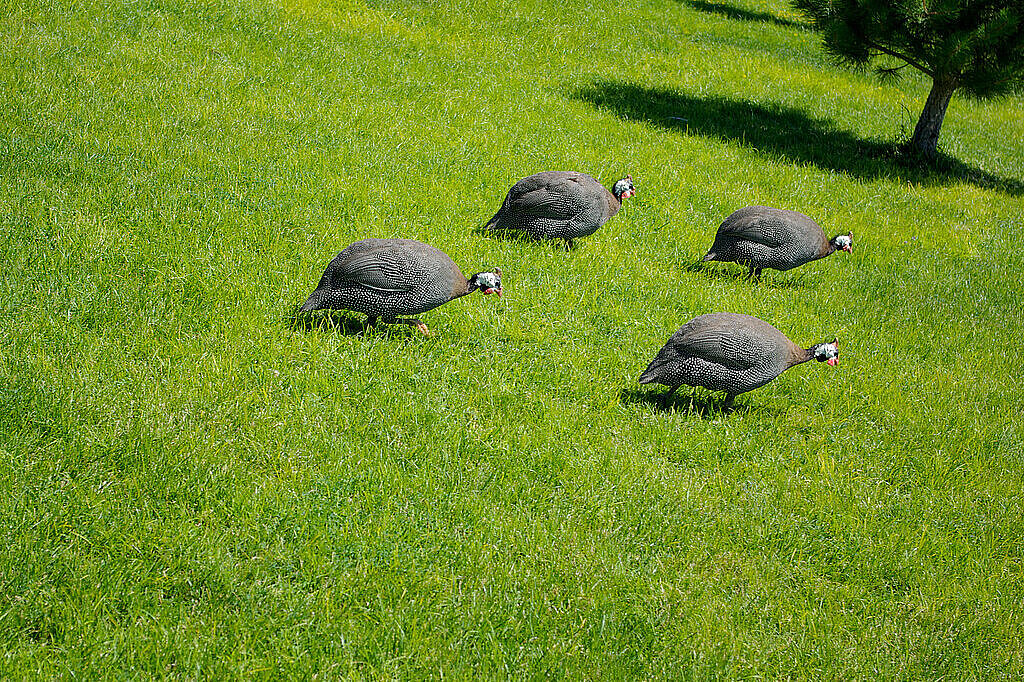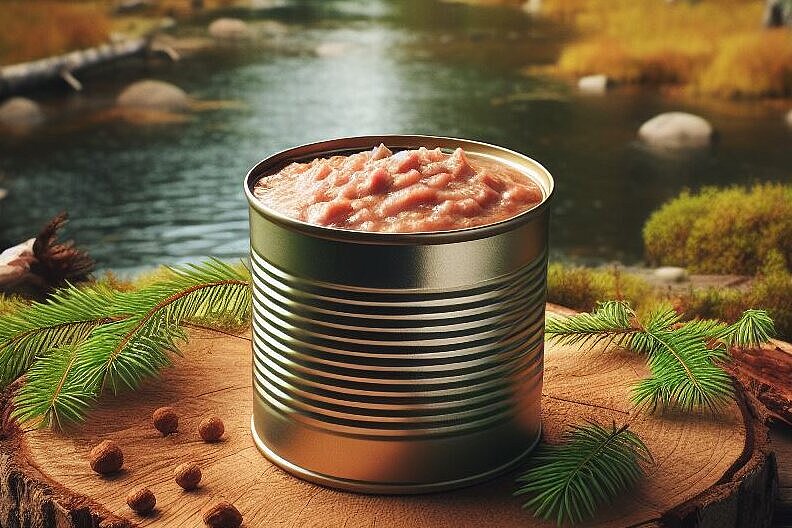Lamb paste

What is lamb paste?
Lamb paste is a type of sausage made from lamb meat. The meat is cooked, minced and mixed with spices, salt and sometimes other ingredients such as wine or cognac. The mixture is then pressed into a mold or filled into jars. Lamb paste has a soft consistency and an intense flavor.
Lamb paste is particularly popular in some European countries such as France, Great Britain and Greece. There it is often served as an appetizer or snack. In Germany, lamb paste is rather rare, but you can order it in some delicatessens or online.
What are the benefits of lamb paste for dogs?
Lamb paste can have several benefits for dogs if fed in moderation. For one, lamb is a good source of protein for dogs, which also contains many important amino acids. Lamb is also rich in iron, zinc and vitamin B12, which are important for blood formation and the immune system.
On the other hand, lamb paste can provide variety in your dog's diet, especially if he otherwise only gets dry or wet food. Lamb paste can also be used as a reward or as an appetite stimulant if your dog is not eating well.
What are the disadvantages of lamb paste for dogs?
However, lamb paste also has some disadvantages for dogs that you should be aware of. Firstly, lamb paste is very high in fat and salt, which is not healthy for dogs. Too much fat can lead to obesity, digestive problems or even pancreatitis. Too much salt can increase blood pressure and put a strain on the kidneys.
On the other hand, lamb paste can also contain other ingredients that are harmful to dogs. These include, for example, onions, garlic, grapes or raisins, which are poisonous to dogs. Alcohol or spices such as pepper or nutmeg can also harm your dog.
What should you look out for if you want to feed your dog lamb paste?
If you want to treat your dog to some lamb paste from time to time, you should bear a few points in mind:
- Only feed small amounts of lamb paste and not more than once a week.
- Pay attention to the ingredients list of the lamb paste and avoid products with harmful ingredients.
- Reduce your dog's other fat and salt intake on the day you give him lamb paste.
- Observe your dog after feeding lamb paste for possible signs of intolerance or intoxication such as vomiting, diarrhea or lethargy.
- If in doubt, ask your vet for advice before feeding your dog something new.
Lamb paste is a delicious product made from lamb that can also be suitable for dogs. However, it should only be fed in small quantities and rarely.
If you notice any signs of hypersensitivity or poisoning in your dog, you should see your vet immediately. We are not a substitute for a vet, but we try to be as accurate as possible. Every dog reacts differently and we recommend you get a second opinion or consult your vet if in doubt.
Stay healthy and take good care of your four-legged friend!😊
Similar to Lamb paste
Fish paste is a product made by fermenting or processing fish into a soft, spreadable mass. It contains the concentrated flavor and nutrient profiles of the original fish, including essential fatty...
Bone paste is a by-product of meat processing that consists of chopped and cooked bones. Both animal and vegetable fats and proteins are extracted in the process. The paste has a yellowish to...
Turkey paste is a meat product made from turkey meat and other ingredients such as water, salt, spices and preservatives. The paste has a soft consistency and can be easily squeezed out of the tube....
Venison paste has a number of benefits for your dog's health and well-being: It is hypoallergenic, which means it does not trigger allergic reactions. This is because game meat is very rare in...



